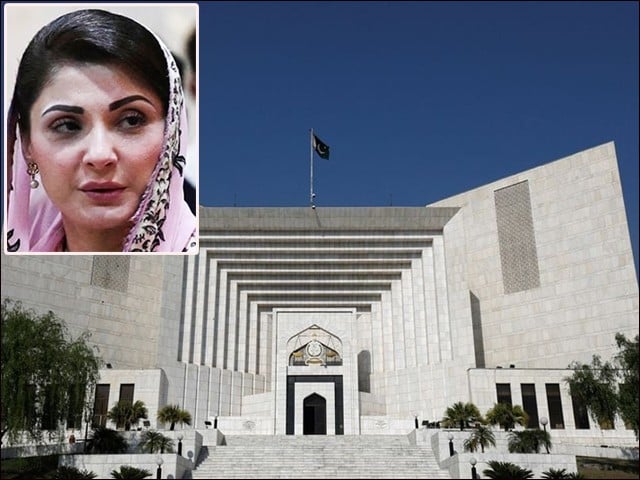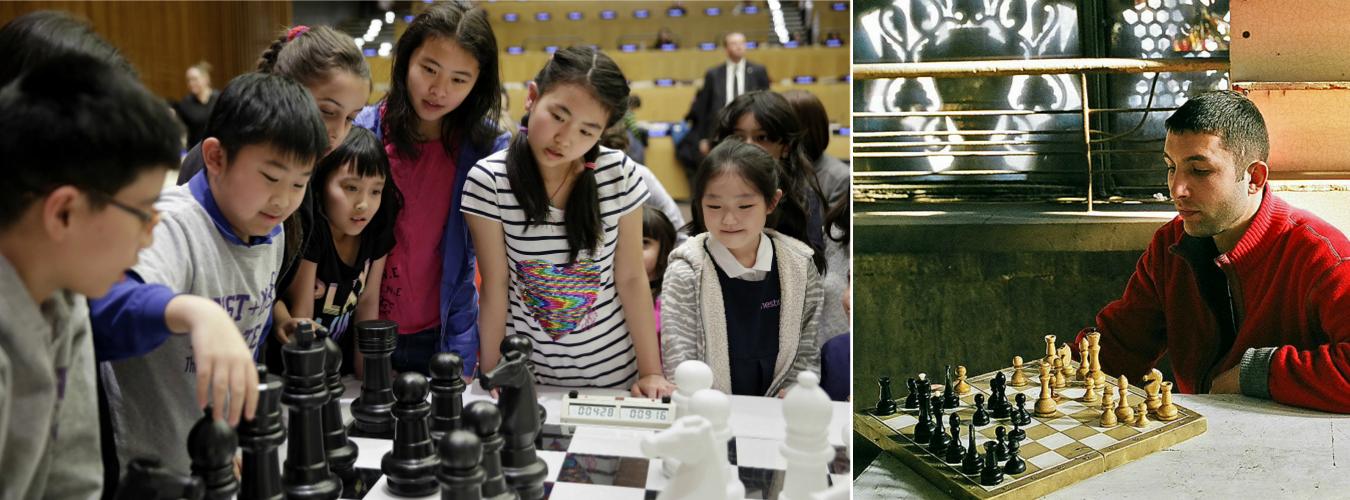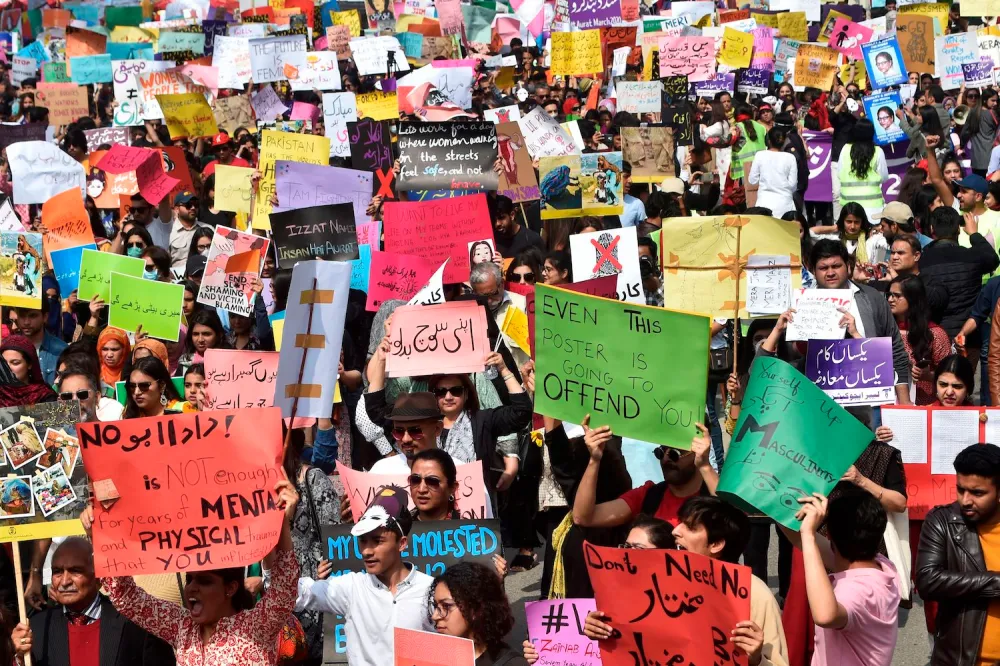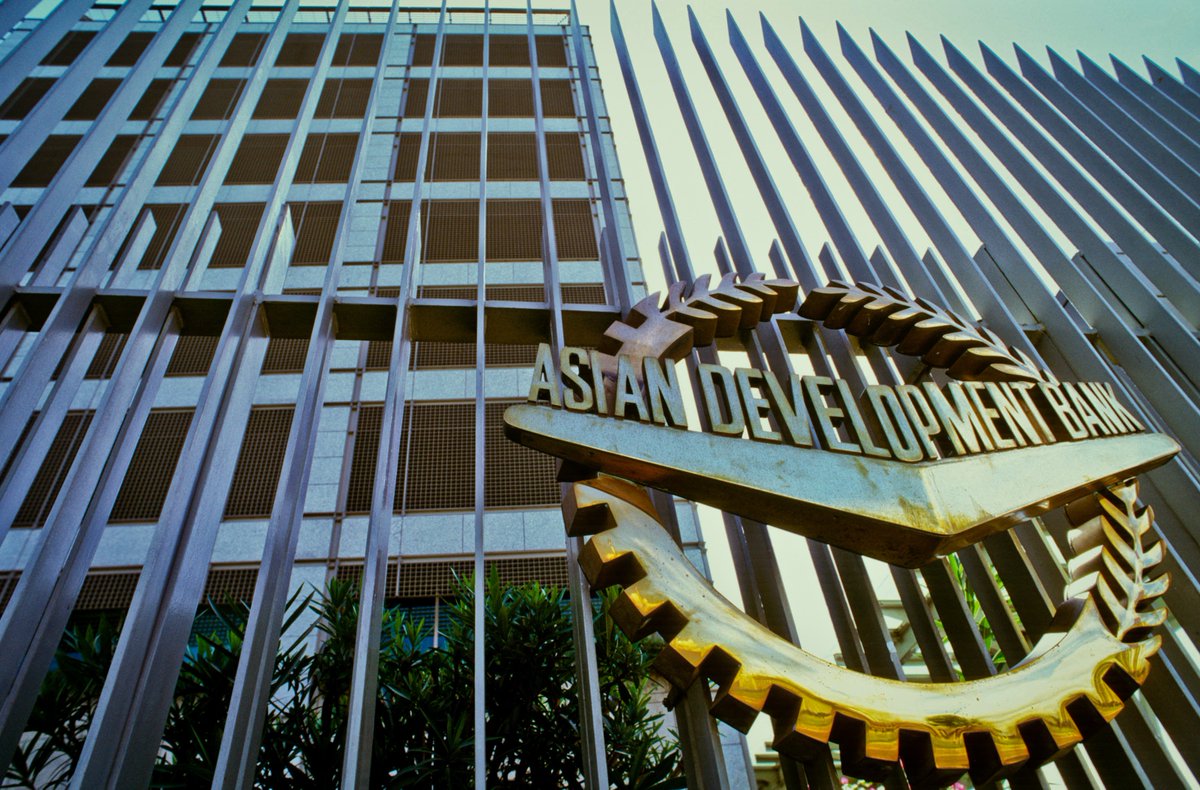Farhana Qazi
Aurat March is an annual socio-political demonstration in Pakistani cities such as Islamabad, Karachi, Lahore, Multan, Peshawar and Quetta to observe International Women’s Day. The march aims to raise awareness and demand justice for the issues faced by women in the country, such as violence, harassment, discrimination, and oppression.
The first Aurat March was held in 2018 in Karachi, and since then it has expanded to other cities and regions. The march has been endorsed by various women’s rights organizations, such as Women’s Action Forum, Women’s Democratic Front, and Socialist Feminist Organization. The march also includes transgender people and other marginalized groups.
The march has faced criticism and opposition from conservative and religious groups, who claim that the march goes against Islam and Pakistani culture. Some of the slogans and placards of the march, such as “Mera Jism, Meri Marzi” (My body, my choice), have sparked controversy and backlash. The marchers have also received threats of violence and legal action from some quarters.
Recently, a citizen named Azam Butt filed a petition in the Lahore High Court against the Aurat March, seeking to stop it from taking place in March 2024. The petitioner, represented by lawyer Rana Sikandar, alleged that the march would disturb the public order and violate the Islamic norms. The petitioner also argued that the Constitution of Pakistan protects the rights of women and that the government is working to enhance their welfare. He asked the court to restrain the state from allowing the Aurat March, which he termed as immoral and unethical.
The organizers of the Aurat March have rejected the petition and vowed to continue their struggle for women’s rights. They have said that the march is a peaceful and democratic expression of their demands and aspirations. They have also said that the march is not against Islam or Pakistan, but rather against the patriarchal and oppressive structures that harm women and other oppressed groups.
The Aurat March is expected to take place on March 8, 2024, coinciding with the International Women’s Day. The theme of the march this year is economic justice for women, as highlighted in the manifesto. The march also coincides with the Aurat Hunar festival, a three-day event that showcases women’s work, products, and skills.
The Aurat March in Pakistan is a powerful movement advocating for women’s rights and challenging patriarchal norms. However, the movement sometimes garners criticism for incorporating slogans or themes deemed as clashing with traditional cultural values. While the goal of advancing women’s rights is undoubtedly paramount, it’s worth examining whether the adoption of cultural taboos and what some may call “unidentified moral codes” helps or hinders the movement’s effectivenessIssues like equal pay, access to education, protection from violence, and representation in decision-making have greater universal resonance than more culturally specific demands. This focus could broaden support and avoid alienating potential allies with different cultural and religious backgrounds.
Focusing on core rights maintains clarity and avoids dilution of the key messages of the movement is essential. It may be more difficult for opponents to label the Aurat March as ‘anti-culture’ or ‘morally deviant’ when the demands are grounded in widely accepted human rights principles. Concentrating on tangible, achievable goals may lead to more concrete victories for women is important. These victories can shift public opinion, bolster the movement, and pave the way for tackling more complex cultural issues later. Women’s rights are deeply interconnected with cultural norms and societal expectations. Patriarchy manifests itself in various ways, including restrictions on women’s freedom, mobility, and bodily autonomy. These restrictions are often justified through cultural and religious interpretations.
Directly challenging cultural taboos could push for greater societal transformation that benefits women. It challenges the status quo and forces a rethinking of harmful practices justified in the name of culture.
Women’s experiences are shaped by multiple factors including culture and religion. Recognizing the intersection of these identities is important for a holistic approach to women’s rights.
The Aurat March faces a complex challenge. It is essential to acknowledge the interconnectedness of women’s rights and cultural norms, while also ensuring the movement’s core message of equality and justice remains clear and universally appealing. Here are a few points to consider:
Messages and slogans can be framed to resonate with a Pakistani audience while promoting globally recognized women’s rights principles.
- Prioritization: Focus on universally agreed-upon rights first, gradually weaving in more culturally sensitive demands as the movement gains strength and public visibility.
- Internal Dialogue: The Aurat March could foster greater internal dialogue and consensus-building on strategies, ensuring the movement’s actions reflect its core values while acknowledging the complexities of Pakistani society.
The Aurat March can be a powerful force for women’s rights in Pakistan. Its success depends on finding a balance between prioritizing universally recognized rights and strategically challenging cultural norms that restrict women. By maintaining focus, prioritizing, and engaging in constructive dialogue, the movement can navigate these complexities and achieve greater long-term success.
Please, subscribe to the YouTube channel of republicpolicy.com

















































